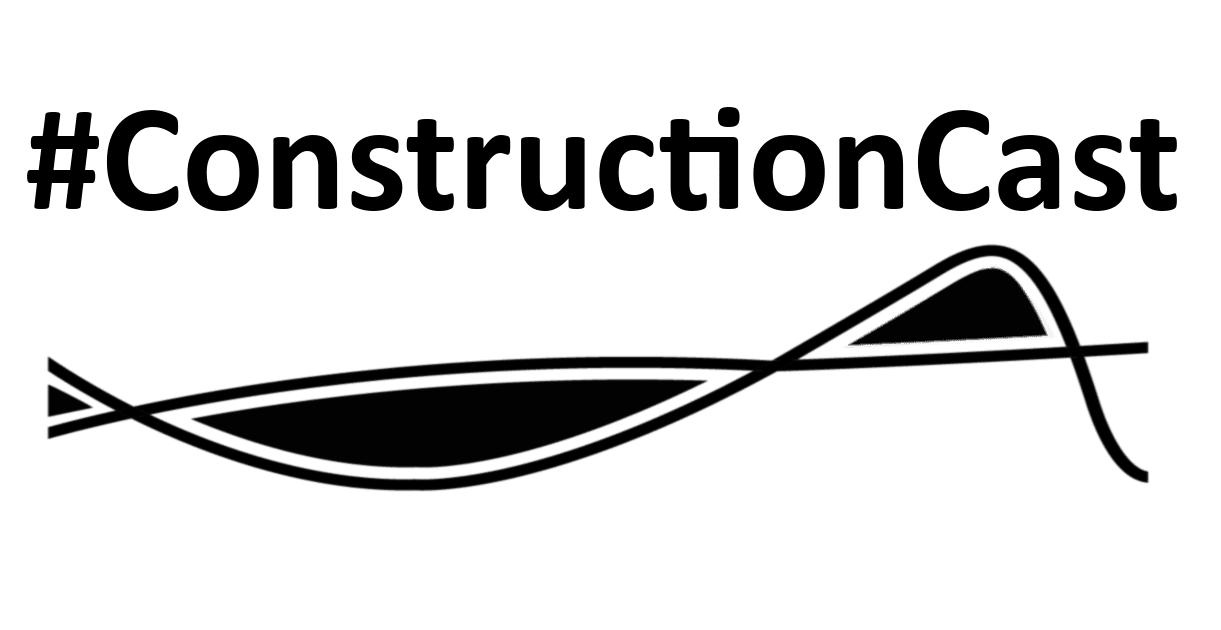This month, Stuart was joined by Martin Long of Ashfold, Khushboo Shahdadpuri of Al Tamimi & Company, and Saul Humphrey to discuss the world of ESG, CSR, B Corps and more.
How do we define ESG and CSR? Why get involved?
ESG is described as an indication of a company’s dedication to broad issues. Collectively, a desire to create a positive impact on social issues, together with the company’s profit-generating aim. ESG consists of three distinct disciplines:
E, which stands for environment, tends to be the most highlighted of the three, and can include climate change, carbon emissions and waste disposal.
S or Social is the most diverse and is driven by a huge range of issues for example labour rights, human rights and other problems that may affect the community.
Third, G is for Governance. Perhaps the most misunderstood, this covers business ethics, management aligning with shareholders’ expectations and respecting their rights.
ESG is often encouraged through a ‘carrot-and-stick’ method. So, in environment, the carrot might be government subsidies, and the stick might be carbon pricing.
What’s the difference between different schemes?
B Corp is a popular choice for companies at the moment. However, it can be hard to prove compliance. For a small to medium-sized company, it can take over a year because it is currently a very popular pathway. Other accreditation titles such as LEED, BREEAM, etc. may be more project specific rather than company focused.
Where a building achieves the highest level of performance and gains relevant accreditations, it may up its market value and could be worth up to 30% more than its alternatives. Saul states that the greenest and cleanest buildings will be traded at a huge premium. Projects can gain value with green credentials and will gain interest because of it.
Martin tells us about his experience in becoming a B Corp. Watch our previous ConstructionCast focused more on B Corps and CSR here. It is an important accreditation. It isn’t just a tick-box system. Companies should be able to demonstrate how they got to the minimum score. When handing out accreditations B Corp wants proof of compliance, and for larger organisations, that proof can be hard to capture.
Another solution, common for larger businesses, is to start with a part of the business that can easily gain accreditation and then follow through with the rest of the company gradually.
How is ESG operating internationally?
Of course, there are different standards in different regions. This results in reporting and disclosure standards being somewhat unequal. Khushboo continues by stating that it is helpful that around the globe, these obligations are increasingly becoming a requirement and not just an option, especially for public listed corporations.
The UK has enacted a set of Financial Disclosure Regulations which require UK registered companies with more than 500 employees and a turn-over of more than 500 million pounds to provide climate related disclosures in their strategic reports. USA have similar standards to the UK on a state level. The Middle East, in general, is lagging a little but are developing committees to work on this.
In Dubai, one tool for implementing ESG / environmental standards has been introduced by the Dubai Electricity and Water Authority (DEWA), which provides an innovative carbon footprint calculator that measures electricity production and savings against neighbouring households. The UAE is also developing its National Building Regulations to introduce a unified sustainable standard for infrastructure and building projects.
Disputes over ESG
Disputes surrounding ESG often stem from the legal consequences of not meeting binding ESG standards, either when they are prescribed in commercial contracts, trade agreements or by regulations. The consequences of these disputes can be financial. There is also a threat of reputational risks in addition to the risk of funding opportunities being denied.
ESG standards also need to be better defined in policies and regulations. It’s important that government leaders are fully committed to ESG goals and provide the right framework and infrastructure to support businesses.
Are B-Corps Credible?
Beer company, BrewDog were recently ejected from the B Corp system in a flurry of publicity. We ask whether this reduces or increases the credibility of B Corps. Saul believes that it adds to their credibility. B Corp acted swiftly, and the removal was appropriate. B corps did well to move fast.
Martin adds that many try to join but a lot are just greenwashing and pushing their marketing. These companies need to be more committed to doing the right thing rather than the commercially obvious.
Keep an eye on our LinkedIn and website to find out about the next ConstructionCast episode coming soon.

